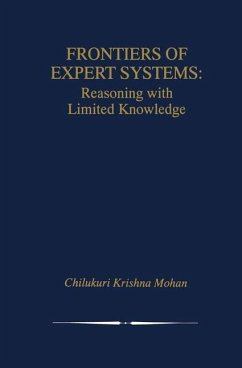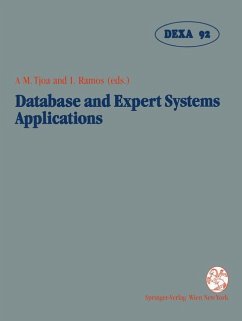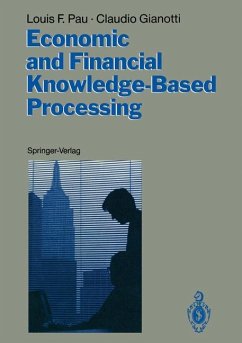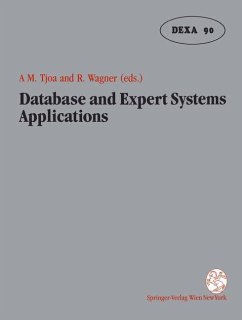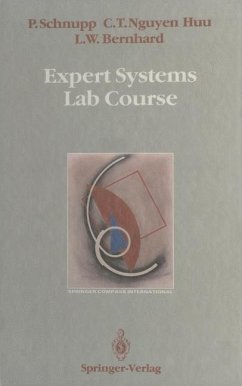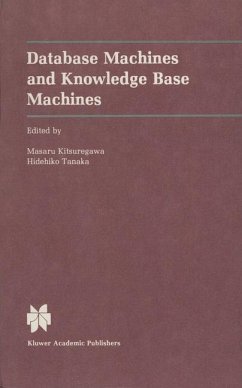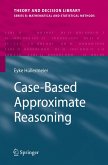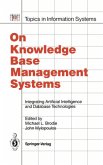The development of modern knowledge-based systems, for applications ranging from medicine to finance, necessitates going well beyond traditional rule-based programming. Frontiers of Expert Systems: Reasoning with Limited Knowledge attempts to satisfy such a need, introducing exciting and recent advances at the frontiers of the field of expert systems.
Beginning with the central topics of logic, uncertainty and rule-based reasoning, each chapter in the book presents a different perspective on how we may solve problems that arise due to limitations in the knowledge of an expert system's reasoner.
Successive chapters address (i) the fundamentals of knowledge-based systems, (ii) formal inference, and reasoning about models of a changing and partially known world, (iii) uncertainty and probabilistic methods, (iv) the expression of knowledge in rule-based systems, (v) evolving representations of knowledge as a system interacts with the environment, (vi) applying connectionist learning algorithms to improve on knowledge acquired from experts, (vii) reasoning with cases organized in indexed hierarchies, (viii) the process of acquiring and inductively learning knowledge, (ix) extraction of knowledge nuggets from very large data sets, and (x) interactions between multiple specialized reasoners with specialized knowledge bases.
Each chapter takes the reader on a journey from elementary concepts to topics of active research, providing a concise description of several topics within and related to the field of expert systems, with pointers to practical applications and other relevant literature.
Frontiers of Expert Systems: Reasoning with Limited Knowledge is suitable as a secondary text for a graduate-level course, and as a reference for researchers and practitioners in industry.
Beginning with the central topics of logic, uncertainty and rule-based reasoning, each chapter in the book presents a different perspective on how we may solve problems that arise due to limitations in the knowledge of an expert system's reasoner.
Successive chapters address (i) the fundamentals of knowledge-based systems, (ii) formal inference, and reasoning about models of a changing and partially known world, (iii) uncertainty and probabilistic methods, (iv) the expression of knowledge in rule-based systems, (v) evolving representations of knowledge as a system interacts with the environment, (vi) applying connectionist learning algorithms to improve on knowledge acquired from experts, (vii) reasoning with cases organized in indexed hierarchies, (viii) the process of acquiring and inductively learning knowledge, (ix) extraction of knowledge nuggets from very large data sets, and (x) interactions between multiple specialized reasoners with specialized knowledge bases.
Each chapter takes the reader on a journey from elementary concepts to topics of active research, providing a concise description of several topics within and related to the field of expert systems, with pointers to practical applications and other relevant literature.
Frontiers of Expert Systems: Reasoning with Limited Knowledge is suitable as a secondary text for a graduate-level course, and as a reference for researchers and practitioners in industry.

